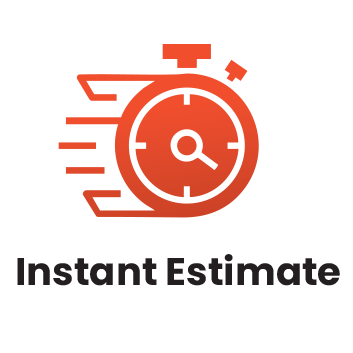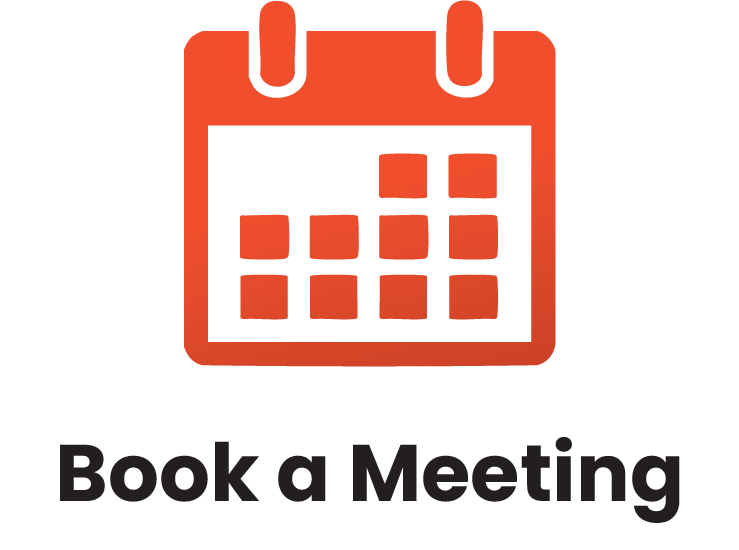Interactive training sessions led by experienced facilitators.
What is In-Person, Instructor-Led Training?
Our in-person training is delivered by a live facilitator who works directly with your team at your location. It’s our most popular format because it allows for real-time interaction, hands-on learning, and direct support.
Every session is tailored to your team’s specific goals, industry, and challenges—no generic, one-size-fits-all programs. Whether it’s a single session or a full training series, we design the experience to be relevant, practical, and fully aligned with your needs.
What is Live Webinar Training?
Live webinars are facilitator-led training sessions delivered online in real time. They’re ideal for teams working in different locations or with busy schedules.
This format offers shorter, more frequent sessions that are easy to coordinate—making it a convenient option for organizations with remote or distributed teams.
What is Virtual Classroom Training?
Virtual Classroom training is live, instructor-led training delivered online. It offers the same interactive experience as in-person sessions, with real-time discussions, group activities, and instructor feedback.
It’s a flexible option for organizations that want to reduce travel, save costs, or better fit training into busy schedules.
What is a Lunch & Learn Session?
Lunch & Learn sessions are short, facilitator-led training sessions delivered in person or online—typically during the lunch hour. They focus on specific topics or skills and offer a quick, engaging way to learn without a full-day commitment.
These sessions can be offered as one-time events or as part of a series, making them a great option for ongoing, bite-sized learning.
Online Learning
Enjoy our self-paced option and learn from anywhere!
$199.00 USD
Stress Management
Today’s workforce is experiencing job burnout and stress in epidemic proportions. Workers at all levels feel stressed out, insecure, and misunderstood. Many people feel the demands of the workplace, combined with the demands of home, have become too much to handle. This one-day workshop explores the causes of such stress, and suggests general and specific stress management strategies that people can use every day.
LEARNING OBJECTIVES
Learning Objectives
This one-day workshop will help participants learn how to:
- Understand that stress is an unavoidable part of everybody’s life
- Recognize the symptoms that tell you when you have chronic stress overload
- Change the situations and actions that can be changed
- Deal better with situations and actions that can’t be changed
- Create an action plan for work, home, and play to help reduce and manage stress


COURSE OUTLINE
Defining Stress and How It Affects Us
To begin, participants will explore what stress is and the effects it can have. They will also work on identifying their stressors.
What Is Stress About?
This session will explore some of the things that stress is about. Participants will also learn about the positive effects of stress and what eustress is.
Building a Solid Foundation
Next, participants will learn about the four pillars of stress management. Special focus will be given to relaxation techniques.
Mental Strategies
This session will give participants two mental strategies to manage stress. They will also learn about the Triple A approach: alter, avoid, and accept.
Stress at Work
During this session, participants will complete a stress inventory to help them identify areas of stress at work. Participants will also identify some solutions for work-related stress.
Time Management Tips
A little bit of planning can go a long way towards reducing stress. Participants will work in small groups to brainstorm ways of managing time.
Stress at Home
Next, participants will get some tips on running their household in a way that reduces stress, including budgeting, planning meals, general organization, and chores.
Drainers and Fillers
To wrap things up, participants will identify the things that drain and energize them.


















